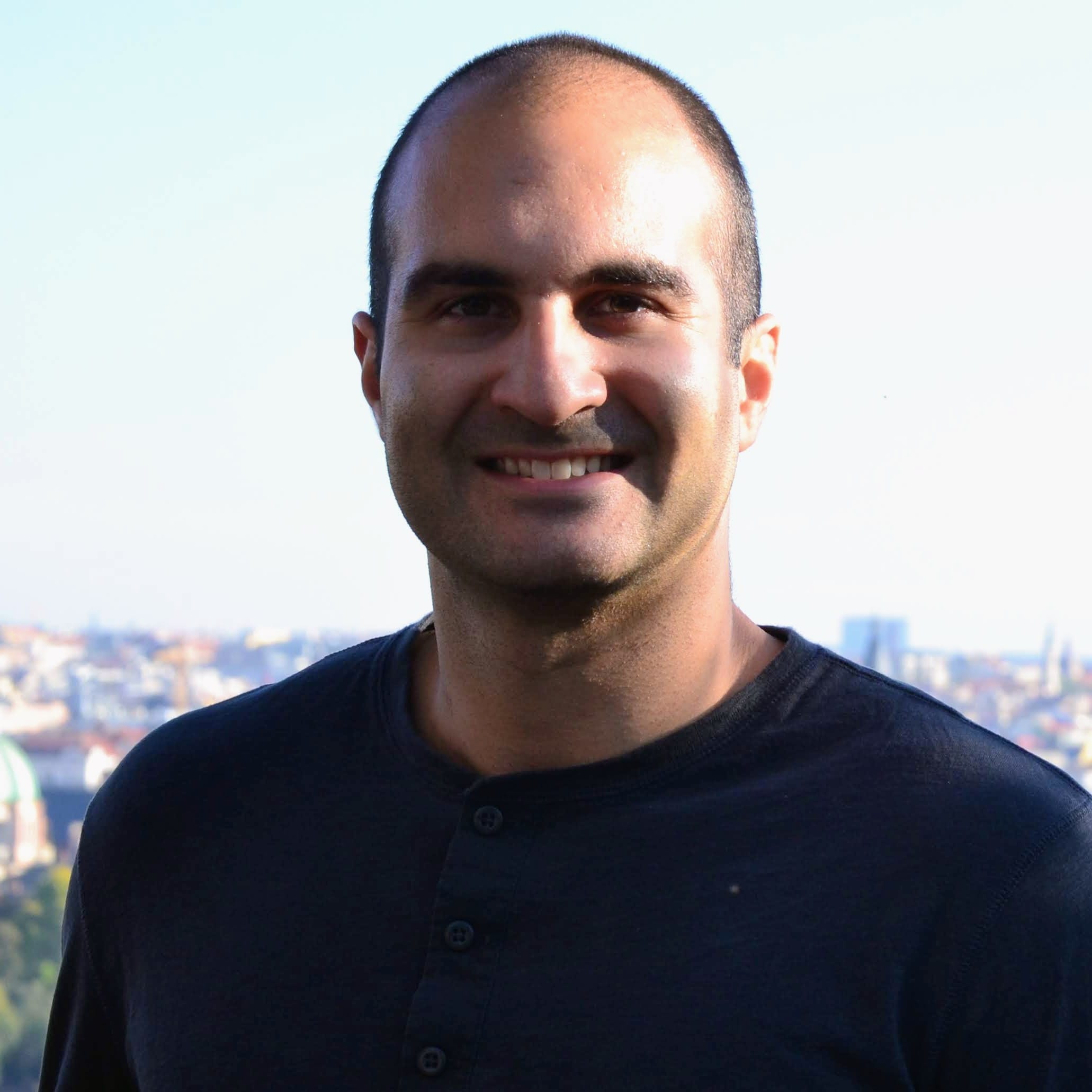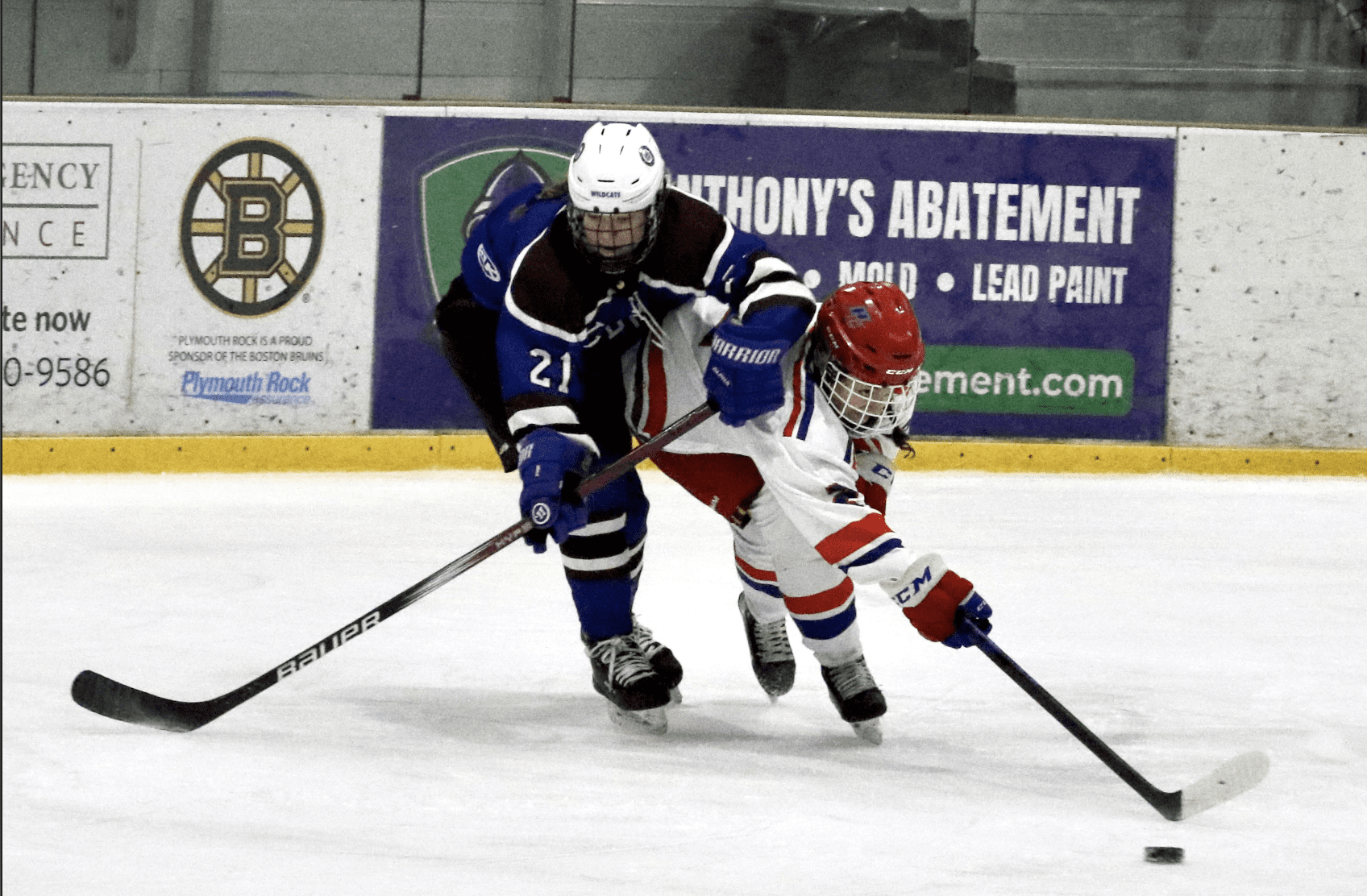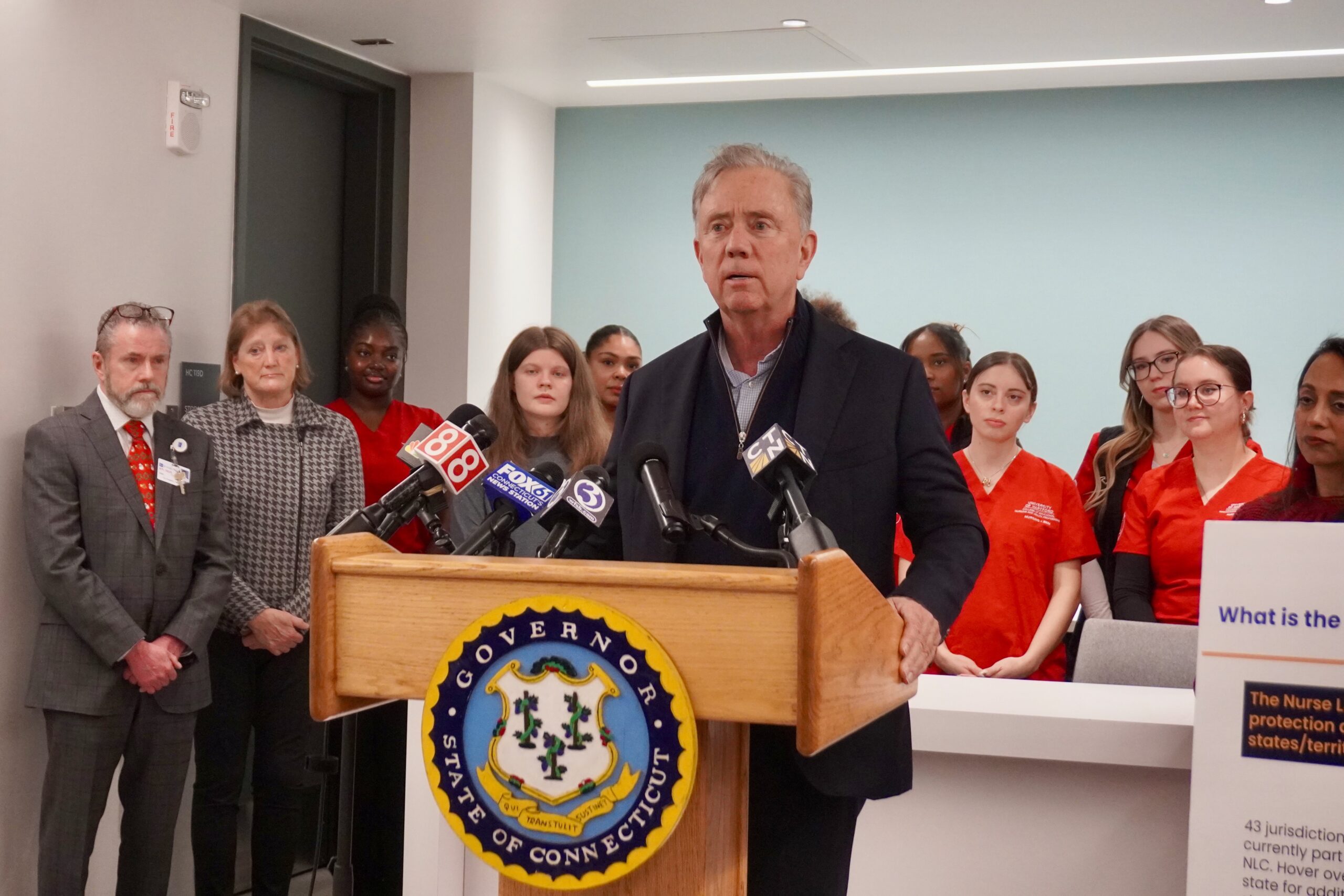Op-Ed: I Need to Outgrow my Denial of White Privilege

Audio By Carbonatix

Michael Fundaro. Submitted photo
Whiteness is just one of many cultures in America.
By Michael Fundaro
Does hearing “white privilege” make you cringe? Especially after recent events? As a white man raised in a white New Jersey suburb, it’s uncomfortable to wrestle with the term. Here’s how I see it.
To put it in context, I define culture as: the customs, social institutions, and achievements of a nation or social group. White privilege didn’t come out of thin air to shame all white people and discredit my work ethic. Instead it’s a critical part of my white, American culture. It quietly influences my customs, upholds social institutions, and supports many American achievements.
Once I understood culture, I had to reframe how I perceive my culture. A difficult challenge, and not the finish line. Rather, it’s the beginning of my commitment to a new paradigm. A shift from “my whiteness is THE American culture” to “my whiteness is one of many American cultures.” Only when I own my whiteness can I own this truth: white privilege exists.
How? There’s an intellectual half-societal support for whiteness; and an emotional half- “privilege shaming.” They’re inseparable, but let’s start with societal support. Stating whiteness is one of many cultures in America is necessary because it separates white culture from “American culture.” It levels it on the same human plane (where it belongs) as black, Native American, LGBTQ cultures, etc. This separation unmasks white privilege.
They say: “You can’t fit a square peg in a round hole.” Well, American society is a round hole, and whiteness is the round peg. Blackness is a square peg. Native Americans never got a peg, and LGBTQ’s peg isn’t straight. White privilege is all the inherent cultural benefits of fitting neatly into society. A round peg in a round hole. To me, the recent unrest is shining light onto the unowned truths of whiteness, revealing its unseen parts.
Seeing those parts is uncomfortable, enter: “privilege shaming.” It’s a difficult subject, so I’ll only share my experience. When I hear “white privilege,” I feel shame. Navigating this shame was the challenge of reaching my new paradigm. I don’t want to know that my skin color associates me with slave owners or worse: that thanks to them, I’ve had a head start in life. But it does. When I stop denying this, my belief shifts from “My whiteness makes me bad” to “I own my whiteness, and I can be better.” Acceptance of the emotion, not approval of the past.
I don’t think I’m alone, and I worry about white people’s inability to navigate this. When I hear “your privilege is showing,” I’m pissed off. Without awareness of the shame driving that anger, I feel attacked and need to defend my character … fueling divisiveness! But when I have support for my shame, I don’t need that defense. I can think critically about white privilege. Hold on though! Doesn’t support for my whiteness already exist? The answer ties the emotional and intellectual halves together.
If you’re not white and you’re still with me – thank you. If you’re white – this was the hardest pill to swallow.
Where does support for my shame come from? The world doesn’t owe me this. Black people sure don’t either! Only I can provide it. Expecting it to be granted IS white privilege. Saying “If society supported me, I can confess my prejudices.” That’s my “victim mentality,” and it has me squandering my privilege. It blinds my eyes to actual injustices and deafens my ears to reminders of them. It robs me of my ability to show compassion, and that looks like this: in white-high-school history, I learned that white people were objectively wrong to assume our race is superior … but it took me 11 years to realize that I share common emotions with people of all cultures. That I can learn self-awareness, but haven’t had to.
My discomfort last week reached a point where I had no choice but to interpret why I felt it. The answer? Because I’m white and I want things to “go back to normal.” After that realization, my choices were clear: continue blaming protests and violence for my discomfort until they stop … (newsflash: they won’t); or accept that I need to outgrow my denial of white privilege if I want my white actions to reflect my American values: liberty and justice for all.
Mike Fundaro is a West Hartford resident. He is self described as a: White man. Aeronautical Engineer. Avid snowboarder, mediocre surfer, horrible skater. Enjoys deep conversations with his girlfriend about life. Also enjoys tacos.
We-Ha.com will accept Op-Ed submissions from members of the community. We reserve the right to edit all submitted content.
Like what you see here? Click here to subscribe to We-Ha’s newsletter so you’ll always be in the know about what’s happening in West Hartford! Click the blue button below to become a supporter of We-Ha.com and our efforts to continue producing quality journalism.



